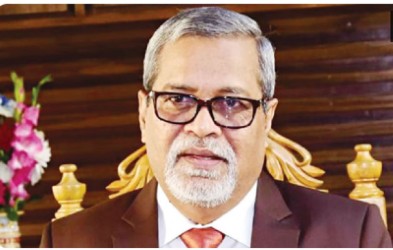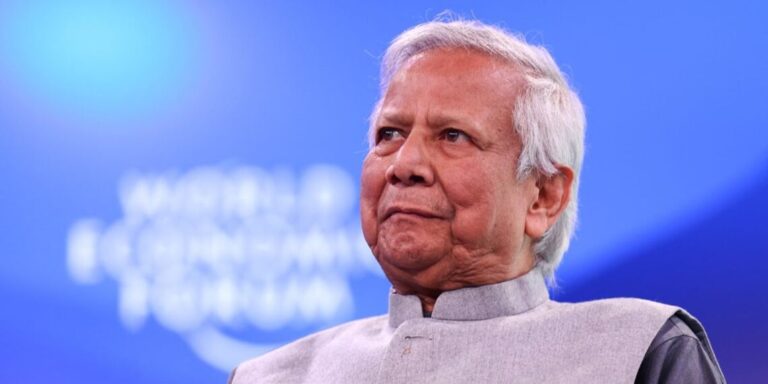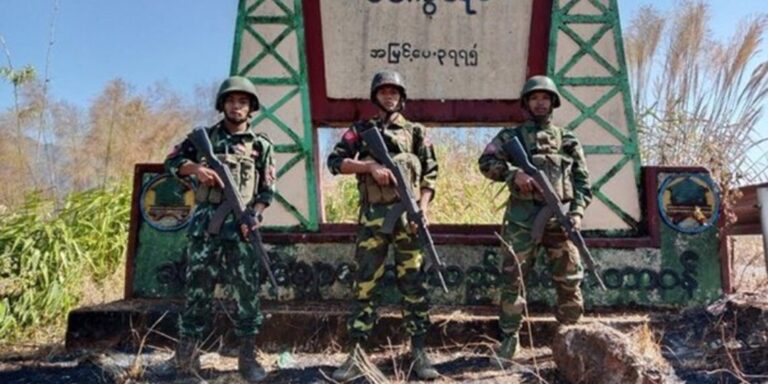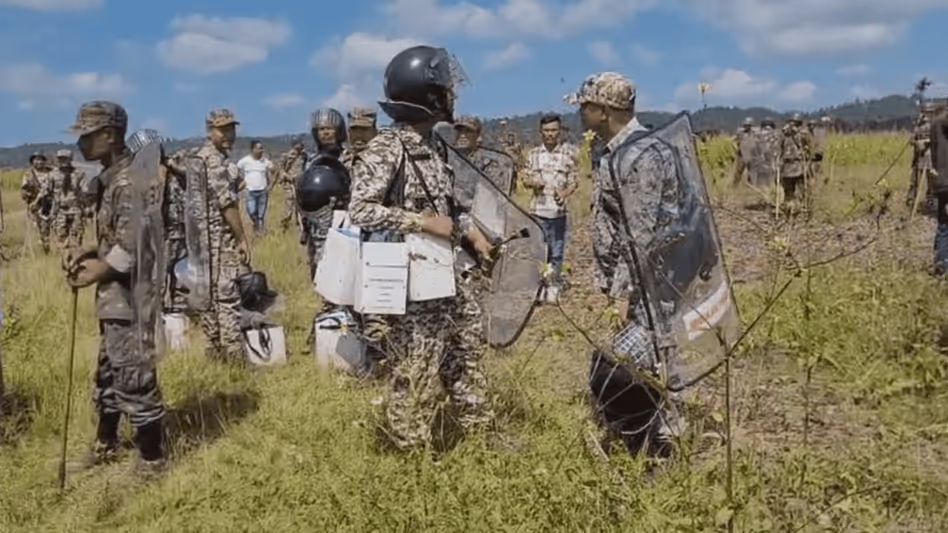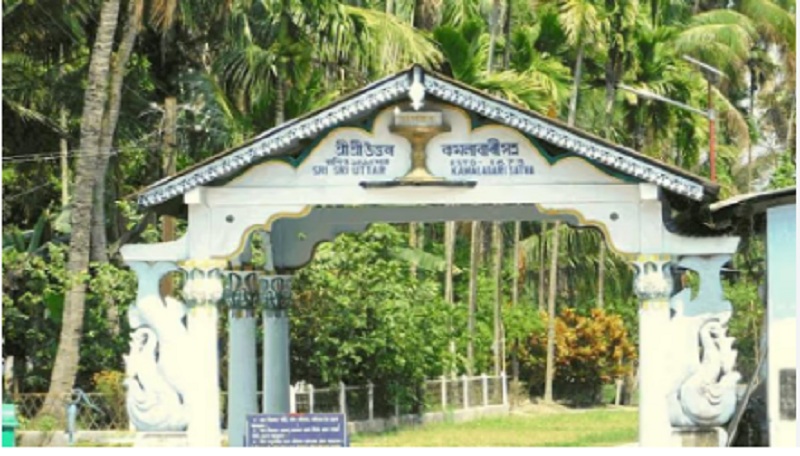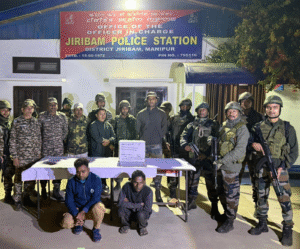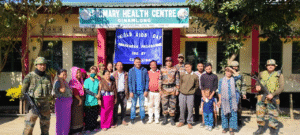Bangladesh’s former Chief Election Commissioner, Nurul Huda, was assaulted by a mob at his Dhaka residence on Sunday and subsequently detained by police following a case filed by the BNP over alleged electoral irregularities during his tenure. Viral videos showed Huda being beaten with shoes before authorities intervened. This unprecedented arrest marks the first time a former CEC in Bangladesh has been detained over election-related issues. The interim government condemned the violence, urging citizens to uphold the rule of law and promising legal action against those involved in the attack.
